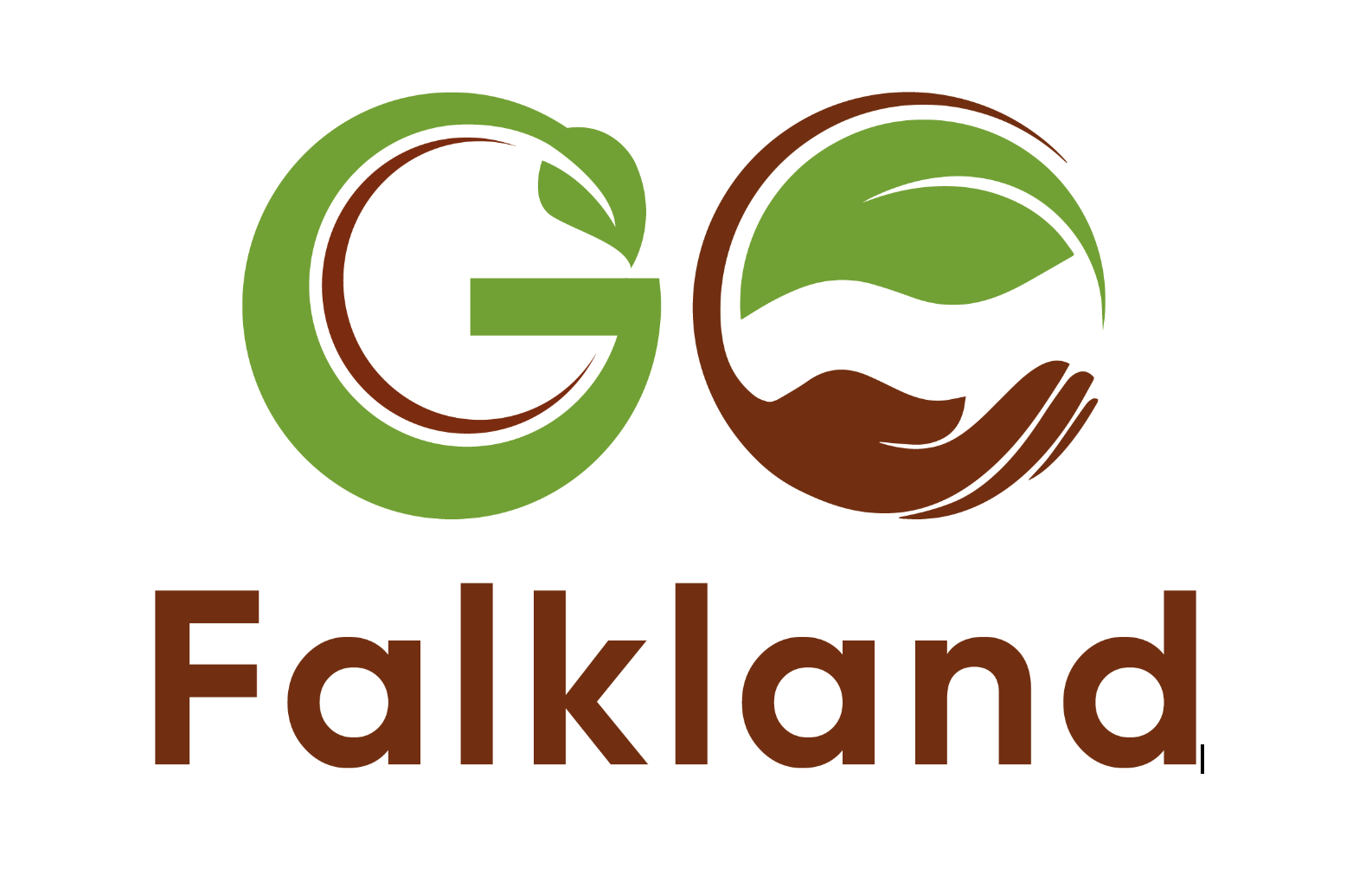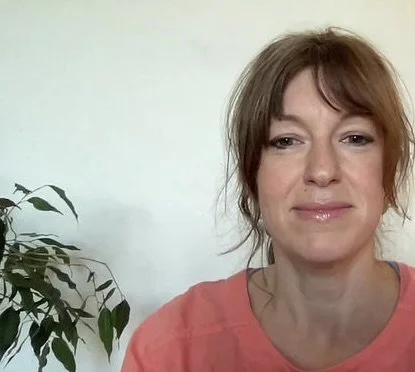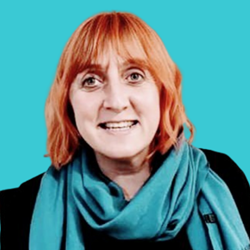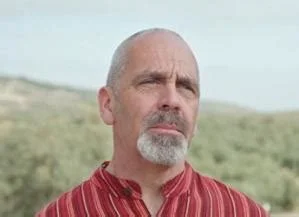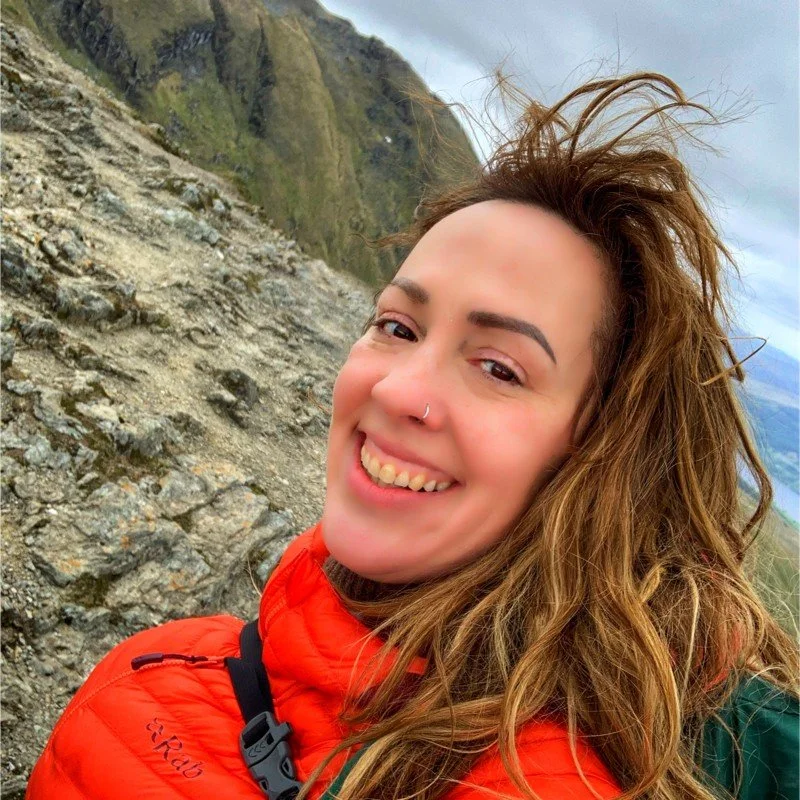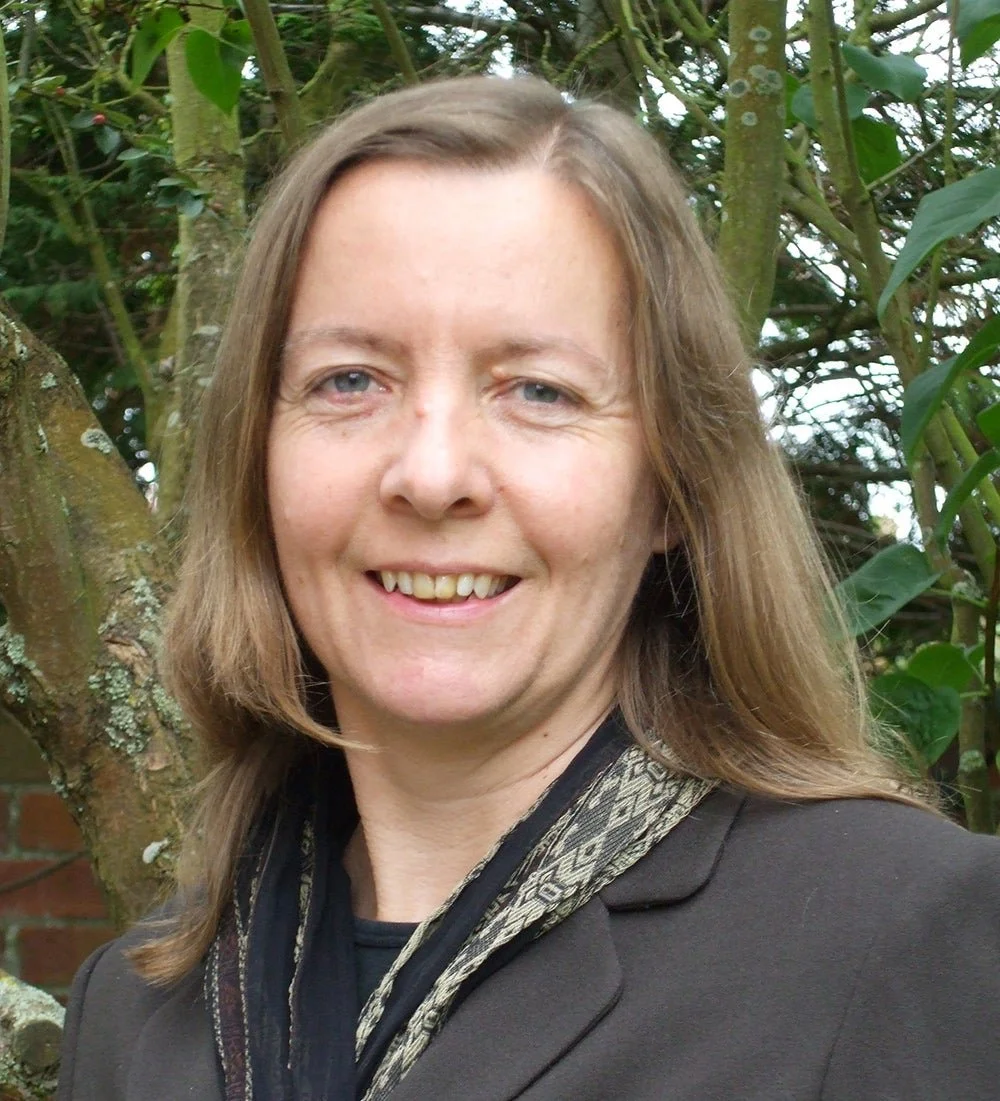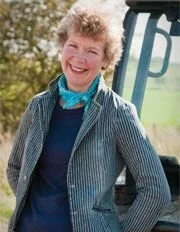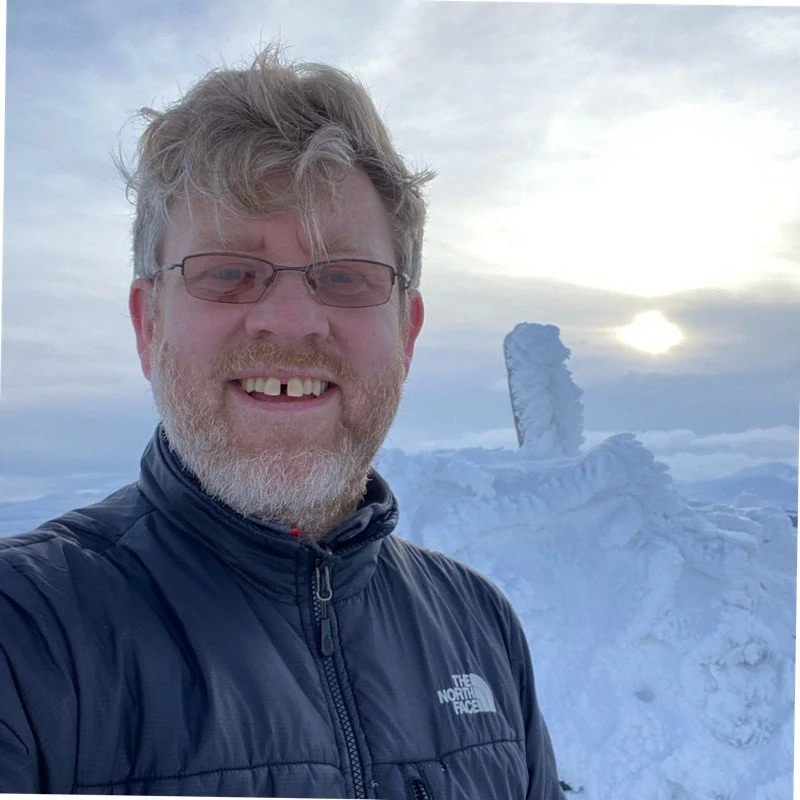Solving the land use jigsaw
discussion about integrated land use
at go falkland
2-3:30 pm Wednesday 17th July 2024
event details
Major changes to the national landscape are going to be required if Scotland is to meet its 2045 net zero target. We will need to layer many uses on to a limited supply of land using an ecosystems approach.
The Scottish Government faces tough policy decisions and there will have to be trade-ofs between competing demands, but which decisions are best made at a national, regional and local level and what form should they take?
Scientific research and modelling can inform which landscapes are compatible with our national climate objectives with current indications pointing towards the need for dramatic changes with higher rates of aforestation, re-wetting of peatland, and lower numbers of cattle and sheep.
This SEDA Land event on integrated land use could help shape the Scottish Government's delivery plan for its Third Land Use Strategy 2021-2026. We will look at how Scotland might balance the competing needs of land for food production, timber for construction and bioproducts as an alternative to fossil fuels, at the same time as allowing space for biodiversity, carbon sequestration and recreation. Should we have national strategic zoning of land use, or should this be done at a regional, or local grassroots level by organisations such as ‘farmer clusters’?
Join our expert panel representing different sectors and regions. As always we will be led by the science with two scientists talking about a new tool for assessing land uses in terms of a matrix of measurements and an approach to landscape planning that integrates social and ecological elements.
There is unlikely to be one-size-its-all and we are likely to need several systems working at diferent scales. As we decide which path to follow, we need to reimagine our future landscapes.
“A Scotland where we fully recognise, understand and value the importance of our land resources, and where our plans and decisions about land use will deliver improved and enduring benefits, enhancing the wellbeing of our nation.”
This event forms part of GO Falkland, the two day regenerative farming festival, following the successful introduction of a Groundswell Outreach last July.
Searching for Harmony - The Great Land Use Challenge
1:30-2 pm Wed 17th July
Ted Leeming of Leeming and Paterson will give a 30-minute talk before, and related to, our event. Throughout 2024, Ted is travelling around Scotland ‘time capsuling’ our fast-changing landscapes – both urban and rural. Exploring extractive and regenerative land uses and the tensions between biodiversity, community, climate, society and commercial needs, Ted will examine how generational change passes almost unnoticed and what interventions are needed to deliver positive outcomes.
Programme & date
2-3:30 pm Wednesday 17th July 2024.
At Go Falkland, Falkland Estate, Falkland, Fife, KY15 7AF
Afternoon, exact time TBC
This event is free to anyone attending GO Falkland. We will let you know when tickets are available for the festival.
PERFORMIMG ARTISTS, who have all been commissioned to write new peices for this event, include:
Jessica Kerr, Kirsty Orton & Aaron McGregor who will perform 'Song Shall Be Our Measure' which grew from the idea of bird song as an indicator of land and community health. The song imagines what a thriving Scottish community might sound like if everyone was able to reconnect with nature, and used this to modify their approaches to the land and how they care for it. It draws on regenerative land use that works in harmony with other living creatures. Most of all, it is inspired by a love of the woodland soundscape when the birds are singing. Composed for string trio, it also features nature as an artist, with recordings of bird song from local Falkland woodland in Fife.
Jess is a cellist with Glisk, Kentigern Quartet, GRIT orchestra, and freelances with orchestras in Scotland. Her work, which is firmly rooted in place, explores how musicians can communicate and tackle the climate emergency.
Sophie Cooke, poet
Sophie is a Scottish novelist, short story writer and poet. She is the author of the novels The Glass House and Under The Mountain. Sophie is a regular contributor to SEDA Land events having a strong interest in ecology, people and place.
Chris Powici, poet, will perform “Joe Doolan”
Chris’s poetry focuses on human and natural environments and how they overlap. Chris edited the literary magazine Northwords Now. He teaches English and Creative Writing for The Open University and the University of Stirling. His poems have been published in many places including BBC Wildlife and New Writing Scotland.
THE PANEL
Chair
Lucy Filby, Head of Agriculture & Forestry Transition, SOSE.
Lucy is the Head of Land and Forestry Transition at South of Scotland Enterprise, an organisation that lives its values of being Bold, Striving, Inclusive and Responsible. She has over 20 yrs experience of building partnership projects to improve environmental outcomes in farming and wider food and drink value chains. Lucy joined SOSE 14 months ago from SEPA . This move came about because of her passionate belief that the health of our environment cannot be protected or improved without also tackling poverty and inequality. An aspiring regenerative practitioner, she loves working in the spaces between current reality and future vision. She is an advocate for business to be a force for good, growing prosperity and resilience together, within planetary limits.
Speakers
Graham Begg, Head of Agroecology, The James Hutton Institute
Graham is the Head of the Agroecology Group at the James Hutton Institute where he studies the relationship between ecosystems, farming, and food systems. This has included examining the response of natural and semi-natural plant and animal populations to changes in the arable environment and its management, and the impact of this on biodiversity and important ecosystem functions such as pest regulation, pollination, and primary production. Research is also being conducted into the longer-term impacts of farming on ecosystems and human health and wellbeing. This follows a social-ecological approach that considers the complex interactions between humans and the environment, and the impact that these have on agroecosystem and agri-food system ‘health’. This approach is being used to tackle individual problem/solution framings such as climate mitigation, agrobiodiversity loss, and malnutrition, but is also enabling us to address these in combination, i.e. one system-many goals. Working with farmers and other stakeholders is a key aspect of this research, for example establishing living labs and demonstration networks or using participatory approaches to build system models, with the aim of having real-world impact.
Catherine Payne, Senior Climate Resilience Manager, Sniffer
Cat is an unabashed climate science anorak and a committed science communicator. She has spent 23 years working in the private, public and third sector translating climate science into meaningful messages to inspire local action to adapt to the impacts of climate change. She is passionate about challenging the status quo, transformational adaptation and showcasing the multiple co-benefits that climate resilience can bring if it is designed collaboratively and considered holistically. At Sniffer Cat is currently leading the Climate Ready South East Scotland project – the first climate risk and opportunity assessment for the region which aims to identify how climate change could impact the region and where collaborative, regional solutions are needed to adapt so that we can minimise risks and realise any opportunities. She also works on the Adaptation Scotland programme, and on coastal change issues. She was a co-author of last year’s Adaptation Scotland report ‘Land Use and Climate Change Adaptation in Scotland’ which illustrated how Scotland’s resilience to climate change impacts is inherently interwoven with how land is used and owned.
Andrew Heald, FForestry Consultant & co-founder of Inovaland
Andrew is based in Edinburgh and has over 25 years’ experience in sustainable forestry and plantation management. He is a co-founder and Director of NGPTA1, which has developed and manages large scale forest landscape restoration projects in Ghana, Brazil, Mozambique, and Chile. He has worked for leading international forest product companies including UPM and Mondi, and for major NGOs such as WWF International and FSC International. Andrew is a professional member of the Institute of Chartered Foresters and has worked at a senior level in UK, Ghana and Uruguay. In 2020 Andrew was invited to become a member of the UK’s Government’s Expert Committee on Forest Science2 and has previously been a member of the UK’s Woodland Carbon Code’s Advisory Board, and the Expert Group on Timber Trade and Statistics.
Alison Smith, Environmental Change Institute, Oxford University
Alison is a Senior Research Associate with the Environmental Change Institute and the Nature-based Solutions Initiative, and works within the Leverhulme Centre for Nature Recovery. She worked for 15 years as a senior environmental consultant, specializing in climate change, transport, energy and waste management policy before joining the University of Oxford in 2014. Her work focusing on mapping and assessing opportunities for nature-based solutions, and exploring land-use strategies to maximise synergies and balance trade-offs, most recently as part of the Agile Initiative on scaling up high-quality nature-based solutions in the UK.
Marian Bruce, Bioregioning Tayside, 7,500 km²
After spending many years in academic research in molecular genetics, Marian founded Highland Boundary, Scotland’s first botanical spirits distillery in 2016, where she is director and master distiller. Award- winning Highland Boundary spirits are produced on her small, rewilded family farm at Kirklandbank in Alyth, Perthshire where she also manages livestock, holiday rental and sculpture businesses. She has recently moved on from Enterprise Manager for Affric Highlands and is a member of the Scottish Nature Finance Pioneers Group. As a biologist specialising in biodiversity, Marian’s understanding of the need to work with nature rather than against it is fundamental to her way of thinking. She is co-founder and director of Bioregioning Tayside CIC.
Denise Walton, chair, Nature Friendly Farming Network (NFFN) Scotland
Denise Walton and her family took over Peelham Farm in 1993. They farm to encourage birds and pollinating insects to live on the land. They converted to organic following the CAP reform of 2002, which facilitated funding. They restored hedges and fence lines, making sure they connected so birds and wildlife can use them as a food source or for protection from predators. Denise says there needs to be a balance between productivity for livelihood and productivity for wildlife, which is why grant aid is important.
Grant Moir, CEO Cairngorms National Park, 4,528 km²
Grant has been CEO of the Cairngorms National Park Authority for eight years. He was previously Director of Conservation and Visitor Experience at Loch Lomond and the Trossachs National Park Authority. Grant is co-chair on the UK National Parks this year, is on the National Visitor Management Group and chairs the Infrastructure and Investment sub-group, and is a member of the Scottish Government Biodiversity Programme Board.

